Scotland votes No: How the No side won the referendum
19 September 2014 Last updated at 05:21 GMT |
| Scotland has voted No to independence in a referendum, meaning its 300-year old union with the UK will continue. So how did the No campaign win?8 |
The No side had a head a start
.
1. They were always the favourites
The No camp had a head start. When the Edinburgh Agreement was
signed on 15 October 2012, paving the way for a referendum in 2014,
polls suggested about a third of Scotland's 4.2m voters wanted
independence.A plethora of polls over the next 18 months consistently put the No camp ahead.
In June - by which time there had been 65 opinion polls - all bar one had put the No side in the lead, according to polling expert Professor John Curtice.
"The No side were always favourites to win, which is why the YouGov poll for the Sunday Times which put the Yes vote ahead about 10 days ago created such an upset," he says.
Happily for the No side, most of the following polls put them back in the lead again and they were able to finish ahead of the underdogs on polling day.
 |
| One in three Scots say they are "equally Scottish and British" |
The number of people living in Scotland who chose British as their national identity rose from 15% in 2011 to 23% in 2014, according to the Scottish Social Attitudes Survey. The number of people who chose Scottish fell from 75% to 65% over the same period.
However, there is also evidence that the rising tide of British sentiment in Scotland has taken place over a longer timescale.
Almost one third of Scots now say they are "equally Scottish and British" - the highest proportion since former Labour PM Tony Blair came to office in 1997, according to the survey. Less than one in four describe themselves as "Scottish not British".
"At the end of the day, Scotland still feels moderately British," says Prof Curtice.
 |
| No leaflets often emphasised risks such as pensions, jobs and money |
However, the No vote suggests Better Together was successful in "drawing people back from the prospect of taking a risk that was not necessary," according to Prof Curtice. Just two days ahead of the polls, voters were twice as likely (49%) to regard independence as a risk than staying in the Union (25%), he says.
In April, Scotland's First Minster Alex Salmond called the No campaign "the most miserable, negative, depressing and thoroughly boring" in modern times. In contrast, he said the "Yes" campaign was "positive, uplifting and hopeful".
More recently the leader of the SNP criticised the "scaremongering" of No, saying the Yes side was "determined to focus on opportunity".
The Better Together campaign always denied being too negative, saying the campaign was a positive one, emphasising what the union had achieved with Scotland in it, and how much more could be done when the UK "stands together".
However, it often accused Mr Salmond of not giving answers, with Mr Darling saying voters were "very alive to the risks" and uncertainty of independence.
Earlier this week, UK Prime Minister David Cameron told Scottish voters it was his "duty" to warn them of the stark costs of a "painful divorce".

- Scotland's 'No' vote - what happens now?
- How the 'No' could still rattle the UK
- Bridget Kendall: Downside for UK on world stage
- Go to the BBC's Scotland Decides page for more details
 |
| The YouGov poll for the Sunday Times suggested that 51% planned to back independence |
The response of the No camp was swift. Mr Cameron and labour leader Ed Miliband skipped their weekly Prime Minister's Questions clash to travel to Scotland. Lib Dem leader Nick Clegg went too. The Saltire was flown above Downing Street.
Former prime minister Gordon Brown, who has high approval ratings in Scotland, set out a timetable for boosting the Scottish Parliament's powers if voters reject independence, promising a draft new law for a new Scotland Act would be published in January.
Then came "the vow" to devolve more powers and preserve the Barnett funding formula if Scotland voted No.
Prof Curtice says the interventions of "the three wise men heading north" didn't really change people's opinions of devolution, or their view on the referendum. It did yield an eight point rise in those who thought Scotland would get more more powers though, he says.
What the No campaign's final actions successfully managed was to halt the momentum of the Yes campaign. "It stemmed the tide," he says.
 |
| Currency was a key issue in the referendum debate |
Both sides battled hard over the economy, with claims and counter-claims over currency, oil and business playing a big part of the debate. The No vote suggests Scots were not convinced that an independent Scotland would be better off.
The pound was at the heart of the disagreement, with the Scottish government consistently stressing a currency union would be in the "best interest" of both Scotland and the rest of the UK - something the UK government strenuously rejected, along with a currency union.
How much of the North Sea oil it would be entitled to - and what it might be worth - and the future of financial institutions and businesses north of the border were also the subject of heated discussion.
So was the amount of money in people's wallets. The Scottish government calculated that "each Scot would be £1,000 better off" after 15 years. However the UK Treasury claimed Scotland, as part of the UK, would be able to have lower tax or higher spending than under independence. This "UK Dividend" is estimated to be worth £1,400 per person in Scotland in each year from 2016-17 onwards.
Ultimately, no-one knows whether an independent Scotland will be better off or not. There are too many variables on issues such as productivity, tax and employment levels.
But the No vote suggests people in Scotland were more persuaded by Better Together's arguments.

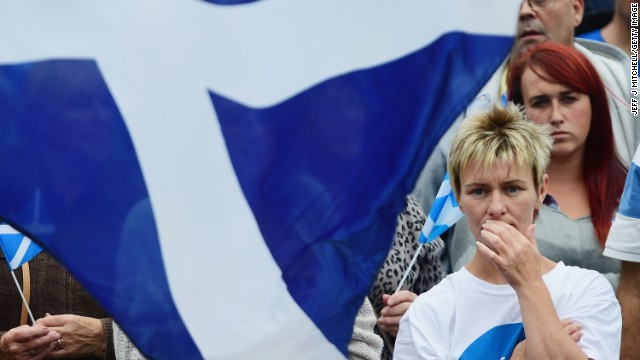
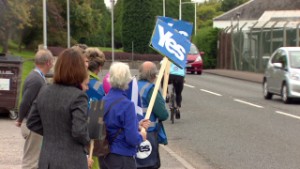
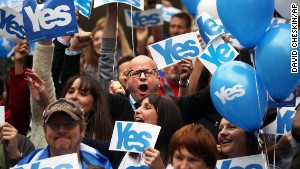
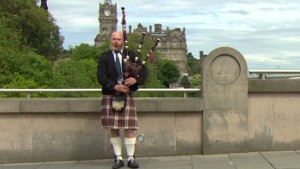

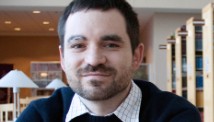
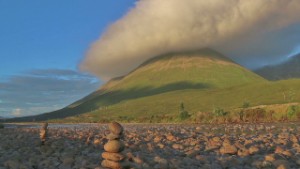
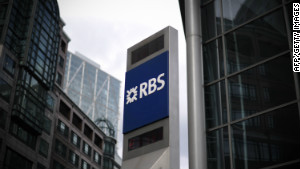
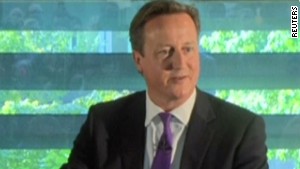

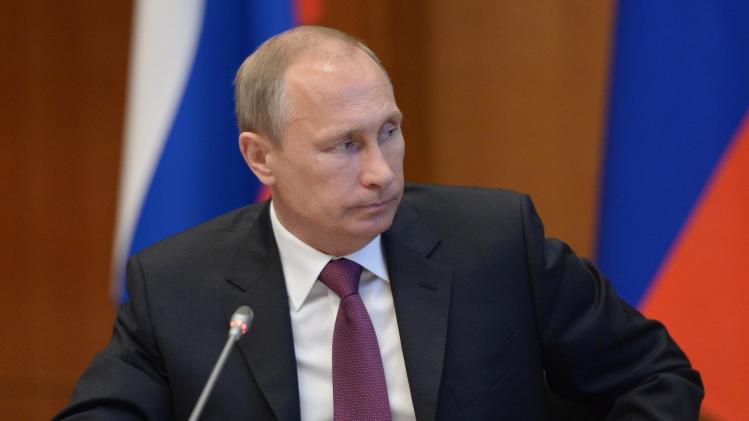
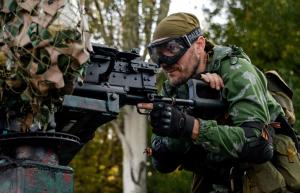





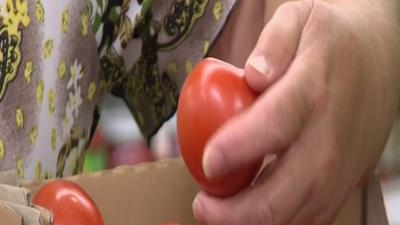
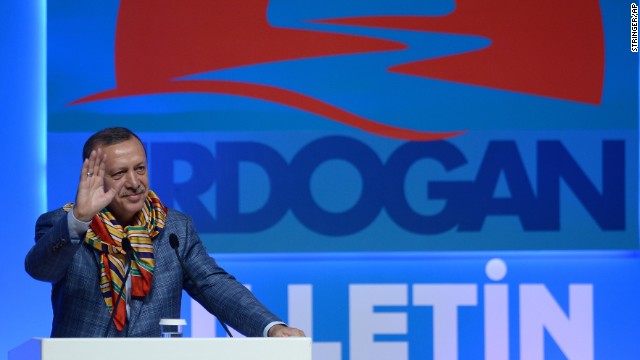
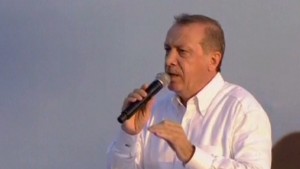
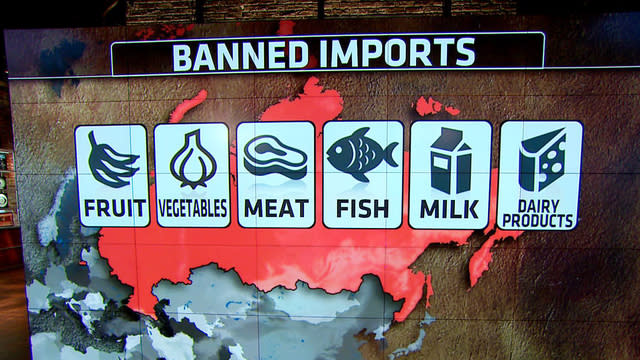
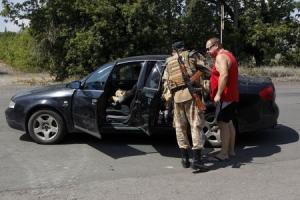
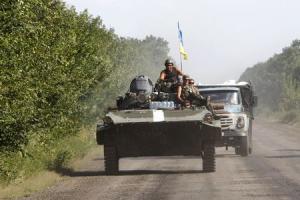
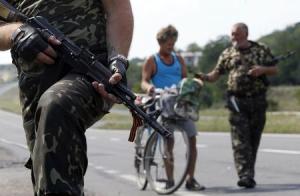
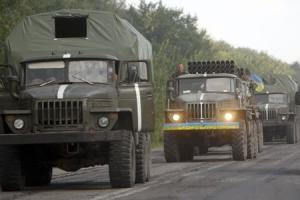
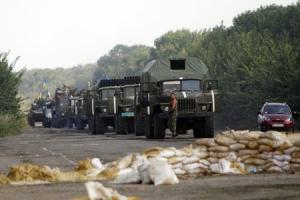
BBC,,17 August 2014 Last updated at 17:04 GMT